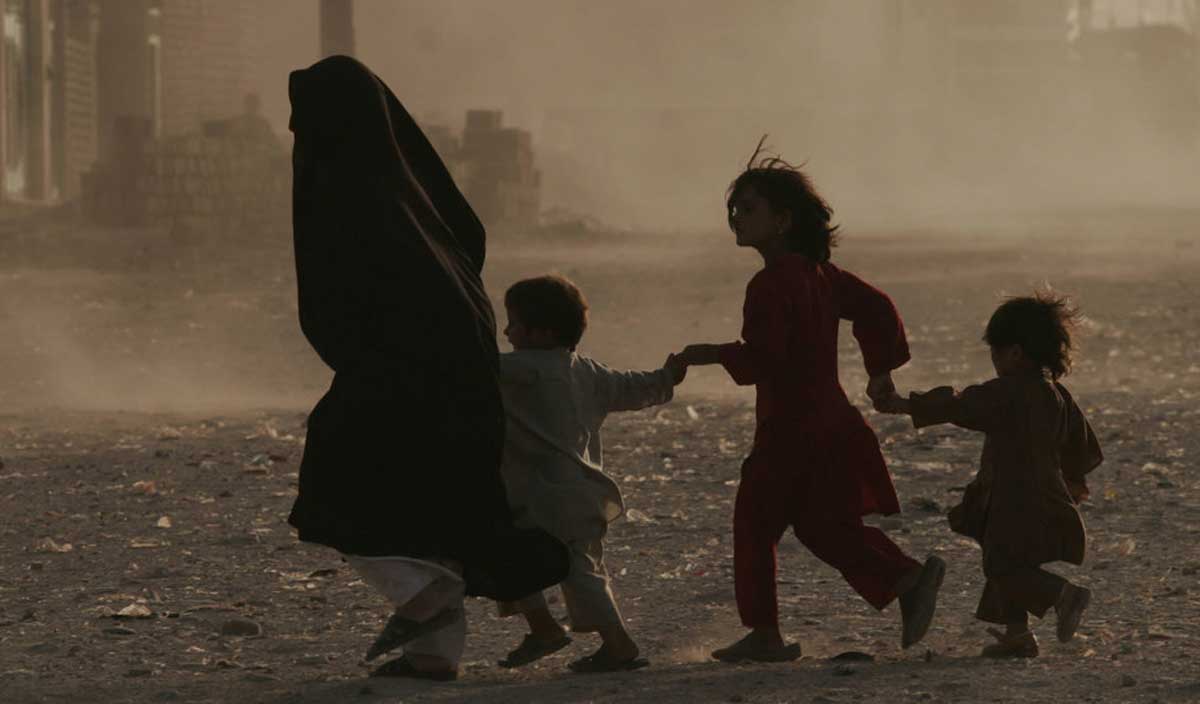The quiet but insistent demonstrations by Afghan refugee families in many streets of New Delhi have been going on as they focus on the main challenges of violence and persecution in addition to the political upheaval that led to many of them leaving Afghanistan. Their plea is not political; it is human. They want to be recognized and guarded, and they want to be respected in a nation where they fought in the hope that they would feel safe. As much as the international community has cast its eyes on delays of agencies involved in processing asylum requests, the real problem is that there is no on-the-ground responsive and humane refugee policy. To a large number of Afghan refugees, years have passed since they were ready to attaina legal status. Without documentation they are in a legal no-man’s land and can neither work formally, have their children attend schools, nor receive health care.
This lack of visibility gives rise to a constant state of struggle for existence, keeping families in circles of destitution, unease, and insecurity. Afghan children are especially paying a high price, as they are being deprived of their right to education, which, besides being supported internationally, is the key to rebuilding broken lives. These obstacles are not administrative. The latter are indicative of even more of a political unwillingness to recognize and give credence to what is currently one of the most vulnerable populations of refugees in South Asia. Refugees find themselves having to navigate in a system that does not give top priority to their needs and only have to depend on scarce international help as well as loose networks, which are becoming hard to maintain. Even the simplest medical services are not affordable to a large number of them, and when the emergency comes up, it does not have official status, and so access to the hospital may not be assured and may be expensive.
This is coupled with discrimination that is experienced in day-to-day life. In local communities, the refugees are not trusted, and finding permanent shelter or even a temporary job becomes difficult. There are limited livelihood opportunities, and since most cannot work, they are relegated to the fringe of society, trying to survive using diminishing savings or occasional charity. This is a fact, which, in comparison to the proclaimed statements of solidarity in international conventions, stands out in sharp contrast with those claims of the host government. This conflict between words and action is what is uncomfortable yet requires some questions to be asked. One of the regional powers can pose as a historical friend of the people of Afghanistan. Its officials talk about common culture, peace in the region, and humanitarian duties. The refugees Afghanistan harbors in its borders are sidelined, their rights are not addressed, and they claim to be treated like pawns. When even the families that previously escaped the Taliban are locked out of schools, hospitals, and employment, there is nothing wrong with the question of what that friendship literally comes down to.
Conversely, the one neighboring country has been hosting millions of Afghan refugees in the other country for over forty years. It has provided the Afghan families with public education, basic health, and work opportunities, even though it has to cope with its own economic and political problems. This policy has not come easily and is not devoid of complications, but it is a sign of a common principle of regional responsibility and shared humanity that cannot be ignored. The modern Afghan refugees are not seeking charity; they just demand to be treated with dignity. They are not refugees only; they are educators, learners, businesspersons, and professionals who desire to establish their lives restfully. It is a denial of not only policy but also a waste of an opportunity to add some strength, color, and hope to this society.
The future of regional peace and stability cannot be built on symbolic diplomacy alone. It requires practical compassion, especially for those displaced by conflict. Refugee protection must be seen as a cornerstone of responsible statehood in South Asia. A true friend stands by people in their hour of need, not just with words, but with action. If the region genuinely aspires to lead in humanitarian values and responsible diplomacy, the treatment of Afghan refugees must improve. Children must be allowed to study, families must be given access to healthcare, and individuals must be recognized as more than anonymous cases in an overwhelmed system. The values of peace, solidarity, and partnership must start not at the borders, but within them.


